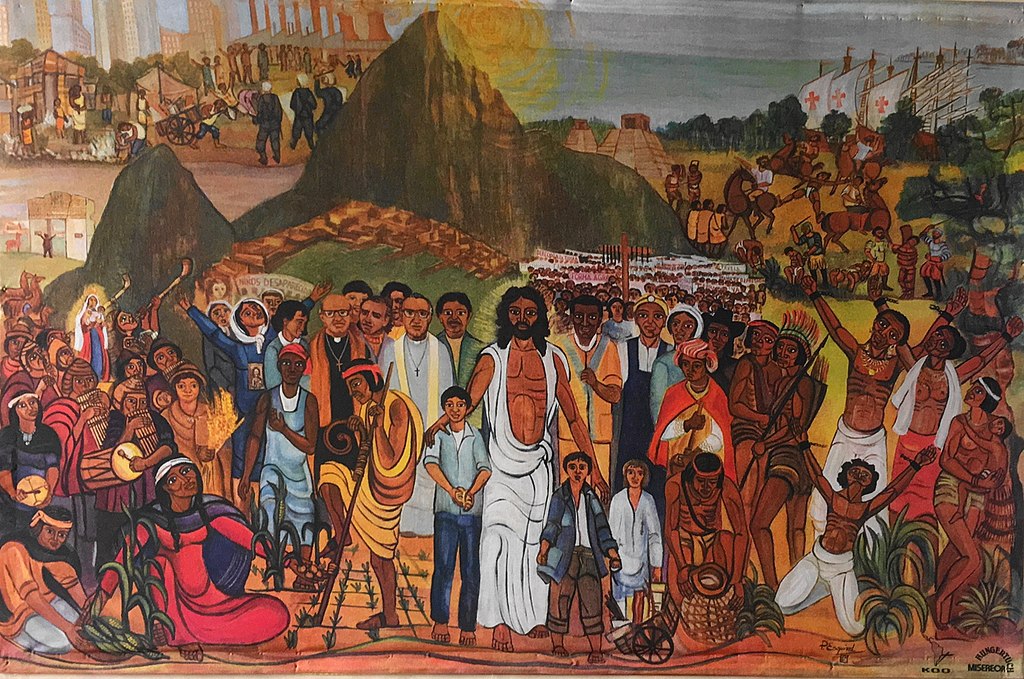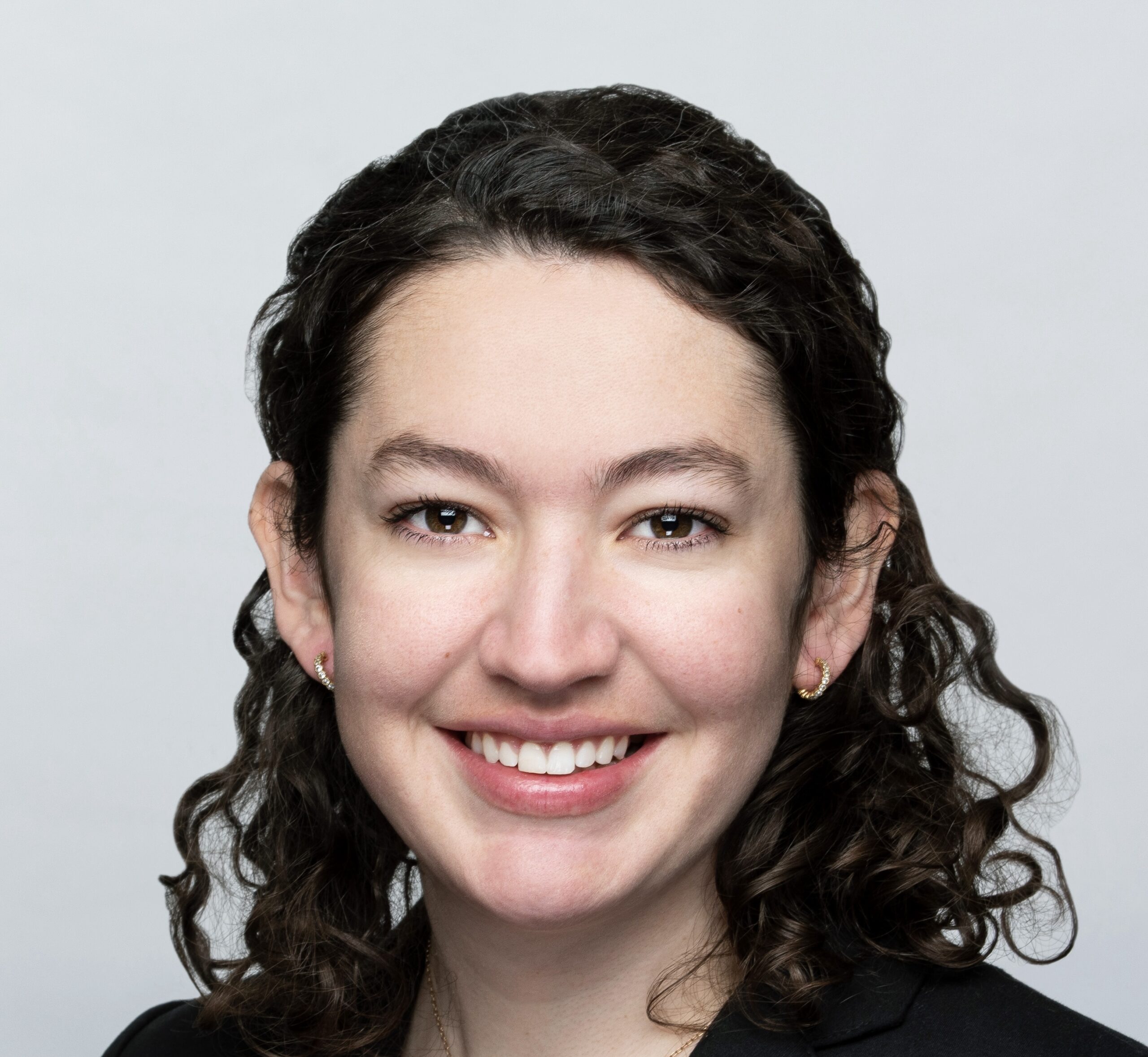
I never met Enrique Dussel. Although he shared many spaces with my godmother and father, both Mexican academics themselves, I have no memory of ever meeting him as a child. I once heard him give a public lecture, and, like most Mexican citizens, I followed his activities in national leftist politics from a distance. Moreover, as a thinker and theologian, I am removed from the first generation of liberation theologians and philosophers, who were the teachers of my teachers, and I am a student of their students. Despite this proximal distance, I do not think I speak in hyperbole when I say that the death of Dussel, an important figure in this first generation, represents a major moment for students of Latin American thought. His death marks the end of one era, although the next has already long begun. In this post, I reflect on how the continual reception of his work is shaping and will shape Latin American liberation theologies (LATL) in light of the decolonial turn.
In some ways, el giro decolonial (the decolonial turn) as later articulated by Nelson Maldonado-Torres, was an inevitability for LATL scholars writing in the middle of the last century. From its very inception, the thinkers, activists, and ecclesial and civic agents who shaped LATL worked to shift the epistemological centers of theology. In naming “the poor” as privileged subjects and emphasizing anew the practical dimensions of Christian theology, the very method of doing theology began to be transformed. The so-called “eruption of the poor” also led to prototypical theories on the history of coloniality/modernity. Early critiques of structures that created a dependency of impoverished countries on wealthier countries, often but not always vis-à-vis Marx, positioned them to critique globalizing economic structures.
However, if el giro decolonial does indeed consist of changing directions, not all liberation theologians followed their turn signals. While some have argued that LATL have formed integral parts of decolonial thought, still other Latin American (especially feminist) theologians and thinkers have critiqued earlier liberation theologies for their inability or unwillingness to problematize Eurocentrism in meaningful ways. These intricate (and, I will mention, necessary) debates among followers or inheritors of decolonial thought and LATL notwithstanding, Dussel’s legacy and influence in LATL can be seen most clearly in those that generally follow the “decolonial turn.” In the following two sections, I will focus on two ways that the methods and epistemologies of LATL scholars and activists both have and will continue to benefit from engagement with Dussel’s work. These are necessarily reductive, both together and individually. The first focus is on the importance of history in the context of praxis and the second is on how Dussel’s conception of the “Other” opens LALT to further epistemic frameworks.
The Turn to History
At a talk given at the Boston University School of Theology in 2019, Dussel, speaking in English, said that the claim that America was “discovered” is an “ethical mistake.” He followed up with “I will not say historical, I will say ethical.” Dussel’s transdisciplinary thinking was on full display here as he weaved together historical analysis and philosophical thought. Speaking to a group of students and faculty of theology, Dussel made the further claim that Eurocentric thinking has skewed our view of Christianity itself. The Christianity of the colonists, Dussel argued, was a double inversion of an original messianic Christianity (an argument he writes out fully in an article in Decolonial Christianities: Latinx and Latin American Perspectives). In Dussel, theologians find a voice that insists that we inspect unquestioned historical analyses not only as a matter of exactitude but of ethics. He provides us with tools to problematize Eurocentric accounts of religion/secularism broadly, Christianity more specifically, and most fundamentally, the entire discipline of theology. He wrote, “it will be necessary to redo theology as a whole” (42).
The “redoing of theology” started in LATL early on when its practitioners began situating praxis—that is, practice that is enacted because of theory or theology—within history. Ignacio Ellacuría, a Salvadoran liberation theologian, elaborated on what he referred to as “historical reality,” where history marked the fundamental possibility of salvation. Ellacuría sought to undo stubborn dichotomies, such as nature vs. grace, and bring the Kingdom of God back into theology as a central part of eschatology. Praxis took place in this historical reality, as each person chose to either bring about or work against the Reign of God (80). Dussel, who is sometimes referred to as the “Hegel of Coyoacán” because of his impossibly large thinking, explored multiple disciplines in this search for an understanding of “historical reality,” although he kept, for the most part, the divisions of labor separate.
In Dussel, theologians find a voice that insists that we inspect unquestioned historical analyses not only as a matter of exactitude but of ethics.
Theologian Peter C. Phan argues that it is this ability to extend beyond theology to understand the reality of the world that united liberation theologies in carrying out the critical reflection of historical praxis. The move to transdisciplinary studies has not gone uncontested within theology broadly speaking, but it has largely been defended by LATL thinkers who see in the social sciences tools for rethinking Christian theological concepts. In other words, their aim was not to just say new things about such concepts but to reformulate the dialogue around them (i.e., sin, salvation, divine transcendence).
In a volume entitled Decolonizing Liberation Theology, Nicolás Panotto explains, “The theme of history is fundamental within LALT, especially as a scenario for rethinking divine revelation and the liberating dimension of faith.” He argues for a historicism that moves from a hallowed out, homogenizing history towards a fuller history of marginality and heterogeneity. He continues:
… the divine as a universality that traverses and comes from history implies a questioning of any idolatrous practice that attempts to absolutize a particular image of the theological, even in the name of a particular model or form of liberation and emancipation. This is not achieved through a singular form, but through the deconstruction of the epistemic boundaries that enable the mobility of every practice, body, knowledge, and politics. (231)
Salvation found in this history of alterity, rather than homogeneity, unsettles normative claims of theology. It pushes against the European epistemic hegemony that is pervasive in theological thinking. To rethink history is to reconsider where it is that God communicates Godself, reconsider where the Divine has communicated to human beings. That is, to rethink history may indeed be to reconsider theology altogether.
Dussel’s modeling of historical recovery as a means of theological discovery does just that: it does theology anew by doing history anew. Decolonizing history means uncovering marginality throughout history. Doing so is an act of recovering traditions within Tradition and is an exposing of the paradox of pluriverses with a universal God. To understand how it is that praxis takes place in history in a decolonial key, therefore, LATL can begin to ask “What history, and who is telling it?” Following Dussel’s lead, we recognize that this is not only a historical question, but also an ethical one. The ethical concern of incorporating the pushing of epistemic boundaries leads us to the next section, which focuses on the openness to epistemological frameworks by the category of “Other.”
The “Other” and the Expansion of Epistemological Frameworks in Theology
Despite claims to the contrary, decolonial theologians are not shy or insistent against using European thinkers. This is a sentiment that underestimates the constructive nature of decolonial thought and one that risks further diminishing the creative and fruitful work of many thinkers and activists who found camaraderie in the projects of those for whom Europe (as the center of power, rather than merely geographical region) was a hostile home. Dussel’s use of French philosopher of Lithuanian Jewish descent Emmanuel Levinas, who was “a victim of the Jewish holocaust in the heart of Modernity” (125) is one such example. Dussel wrote a lot about his encounter with Levinas, both about Levinas’s writings and personal interactions. When Dussel asked Levinas during a gathering at Louvain about the Indigenous people slaughtered in the Americas, “Aren’t they the other you’re speaking about?” Levinas answered, “That’s something for you to think about.”
Dussel’s subsequent appropriation of Levinas was fundamental to his theorizing on the construction of modernity. For LATL, one vital result of this encounter between Dussel and Levinas was the idea of the Other as epiphany of an incomprehensible exteriority (123). Dussel used Levinas’s understanding of the “asymmetrical problem” of the encounter between colonizer and colonized to go beyond colonial logic. Instead of the savage Other of the colonial imagination, the face of the Other in Levinas and Dussel becomes the face of an ethical revelation, thus the epiphany. In order for this to be the case, the Other has to be truly other. Dussel points out that the face-to-face exposure can happen between multiple levels of relationship, but the ethical demand happens at its strongest in the case where the Other is truly outside of myself, unable to be placed within an “us” (145). The widow is beyond the wife, the orphan beyond the child, the foreigner beyond the known, the poor beyond equality. Dussel argues therefore for an unwavering politicization of Other, which comes from this infinite exterritoriality by means of being truly other, outside of us. To love, be benevolent towards, be in relationship with Other in their totality is to love, be benevolent towards, and be in relationship with their alterity. This is why Dussel refers to this as the logic of alterity (la lógica de la alteridad).
While “the poor” represented one such politicized Other in the LATL vocabulary, the Dusselian category of the “Other” is a category of colonial alterity much better equipped to leave behind economic determinism. Dussel’s articulation of the Other aids LATL in moving forward with an open disposition towards a variety of epistemological frameworks because it opens it up to an alterity that refuses rigidity in the categories of analysis it deploys. In a different book chapter than the one cited above that, in part, responds to a focus essay written by Dussel himself, Panotto argues for “an internal critique of [LATL’s] own methodological axes” to be able to accommodate the “inclusion of alternative worldviews, and in deep deconstruction of the notion of God from the locus of divine otherness that makes visible the historical fissures inscribed within its diversity” (232).
While “the poor” represented one such politicized Other in the LATL vocabulary, the Dusselian category of the “Other” is a category of colonial alterity much better equipped to leave behind economic determinism.
In Ada Maria Isasi-Díaz and the mujerista theology she founded, we begin to see the pay-offs of an extended category of “Other.” She wrote in one of her final published works before her premature death, “If we claim to be about unveiling and enabling subjugated knowledges, definitely a liberation and decolonial move, then we have to enter into the world where that knowledge is produced, for there is no knowledge without ‘encountering’ the reality we claim to know” (55). These “subjugated knowledges” are unleashed through the logic of alterity that Dussel proposed, face-to-face with the Other, whose exteriority is wholly transcendent and whose reality places ethical demands on my reality. There is a constant need, then, to expand the epistemological horizons of LATL to configure a robust epistemological shift. More than new content, LATL provides new ways of thinking beyond colonial matrices—“an Otherwise-knowledge,”as Panotto refers to it (219).
Dussel, as an early contributor to LATL and liberation philosophies, will have a long and extensive reception. His work gives those of us living and thinking in the light of the earliest communities of ecclesial, civil, and academic agents of LATL tools to extend our thoughts through to the decolonial turn. His category of Other and his transdisciplinary understanding of what it means to practice theology allow us to further complexify and enrich our theological method.

